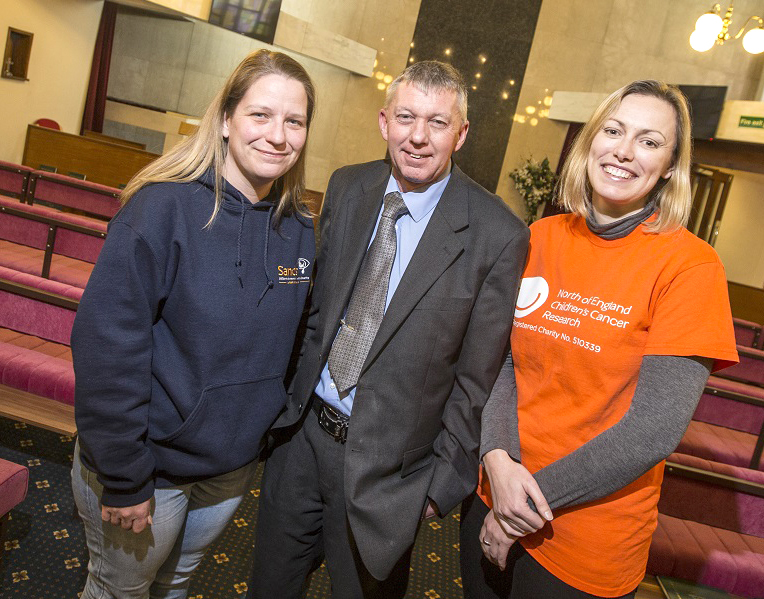Reducing carbon emissions and saving millions of pounds a year has earned the North East’s largest authority the title of super energy savers.
Durham County Council’s low carbon economy team has been praised by Interreg Europe for its use of energy monitoring software.
The software was introduced to the team in 2011 and since then careful use of half hourly monitoring data has saved gas, electricity and water that would otherwise have been wasted across the council’s 800 buildings, in turn saving around £10 million.
As part of the LOCARBO project, which is funded by Interreg Europe, the council’s low carbon economy team, was asked to produce examples of good practice to be shared amongst local authorities in partner countries.
Simon Hunkin, thematic policy expert at Interreg Europe, said: “Measuring and recording energy usage is a vital step in the elaboration of an effective energy efficiency strategy.
“An initially high investment costs can be off-putting for some local authorities, but the case needs to be made that in the long-run, cost, energy and effort savings can be achieved.”
The team has also been sharing good practice from its Business Energy Efficiency Project (BEEP) with authorities across Europe, as so far it has helped over 200 local businesses improve their energy performance and save money.
Now, based on its success with BEEP the council has been accepted as part of Interreg Europe’s SME Power, a European Union-funded project that helps small and medium sized businesses (SMEs) change their energy behaviour, reduce operational costs and cut carbon emissions. It will receive £160,000 from the fund, which supports projects running from now until July 2022.
Cllr John Clare, Durham County Council’s climate change champion, said: “For many years our dedicated low carbon economy team have been exploring the ways in which we can lower our carbon emissions. In February, we declared a climate emergency and have set ourselves a new target of reducing our emissions by 60 per cent by 2030 and to make County Durham carbon neutral by 2050. To achieve these new ambitious targets, we will continue to pursue greener technologies and keep climate change at the forefront of everything we do.”











